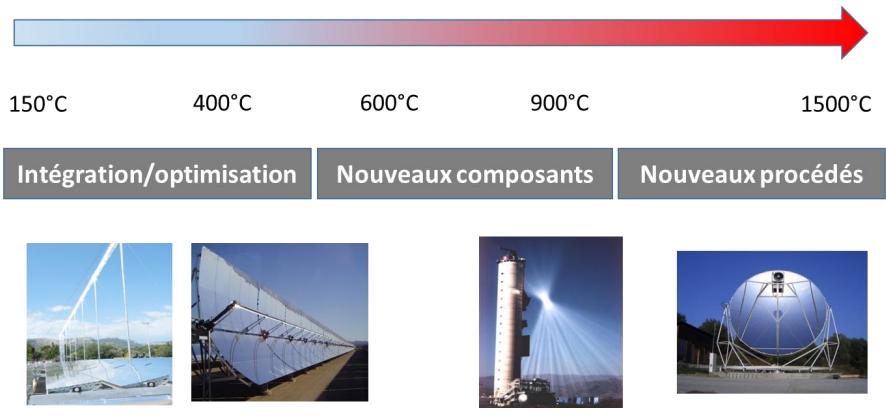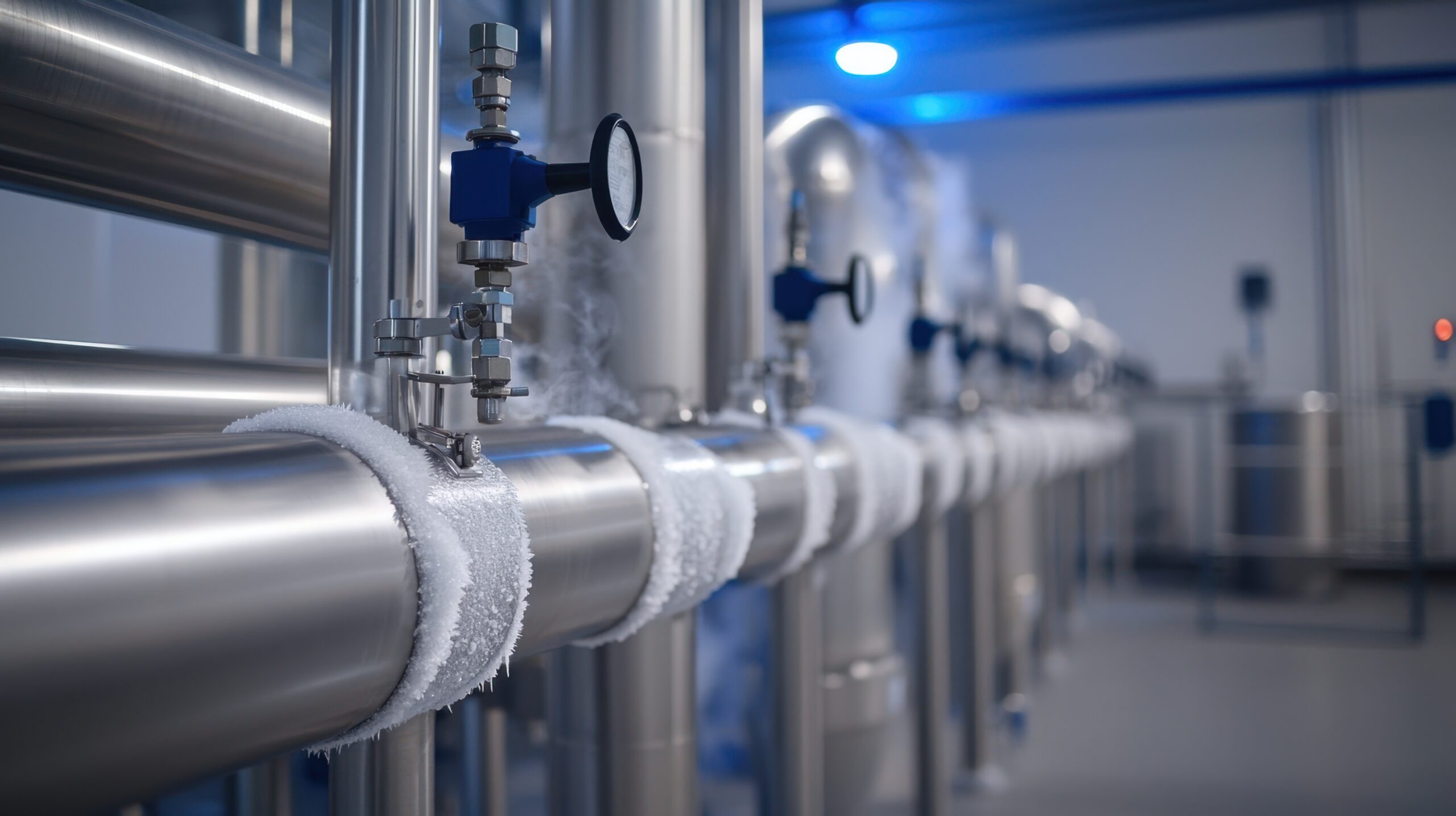
SHIPD4D Project
Solar heat for decarbonising industrial processes

Project coordinated by the CNRS
Duration of 6 ans
2,4 millions euros of budget
5 theses et 2 post-doc
Context and challenge
The use of industrial processes involving heat at temperatures between 50 and 1,500 degrees accounts for approximately 70% of energy consumption in industry.
Energy consumption in industry is generally classified into three temperature ranges: low (400 degrees), corresponding to various solar technologies. Concentrating solar technologies are required to produce solar heat at temperatures above 150 degrees.
Scientific objectives
The central issue of deeply integrating solar heat into industrial processes (IP) will be addressed by the SHIP4D project. This issue will be addressed in three ways: 1) solar heat can be injected into industrial processes with limited changes to the process, 2) the integration of solar heat requires significant changes to the process, 3) new processes and reactors must be developed to replace fossil fuels with solar energy. The answers will be provided according to applications involving varying temperatures (up to 1500 degrees).
The scientific issues relate to 1) dynamic control of industrial processes including a solar heat source, 2) the efficiency of heat transfer in processes and the optimal use of energy within the process, 3) the development of innovative solutions for producing, transporting and storing high solar temperatures, and proof of concept for solar receivers/reactors for processes above 1000 degrees. The transient and cyclical nature of the resource, the solar interface for interface treatment and scaling are the main barriers.
Integration of solar heat into industrial processes (SHIP integration), TRL 2 to 4, solar heat production, transport and storage at temperatures of 600 to 1000 degrees, TRL 2 to 4, solar metallurgy (above 1000 degrees) TRL 1 to 3
The consortium

Key results expected at the end of the project
Demonstration of an optimal control tool on a simulator, new high-temperature thermal storage materials rechargeable by solar and electrical heat, proof of concept for solar heat recycling processes.


